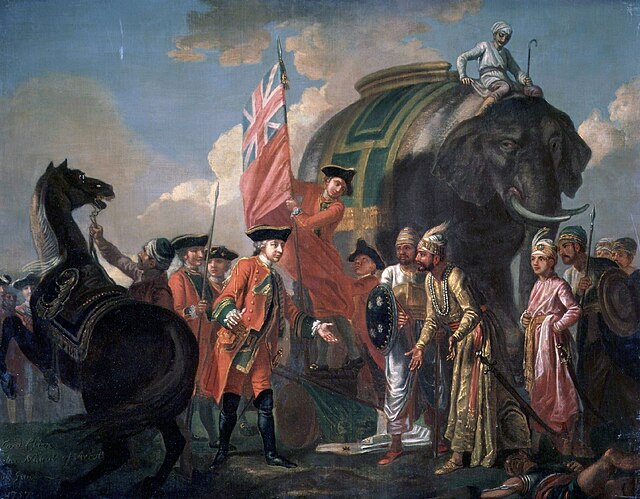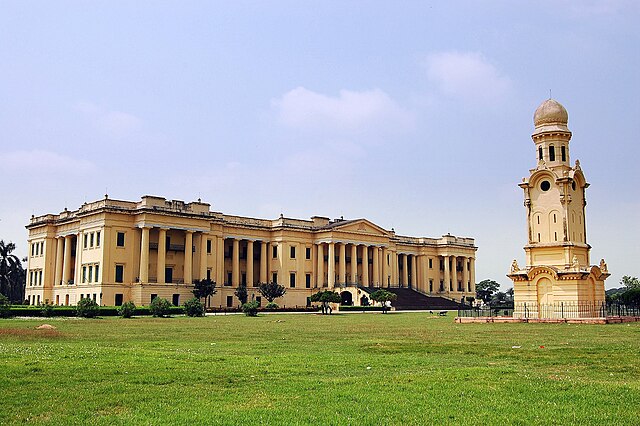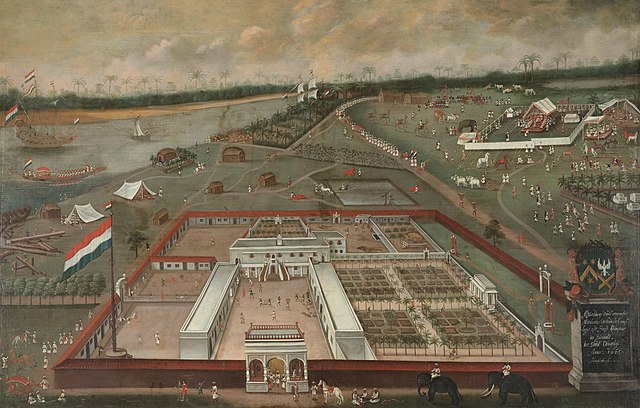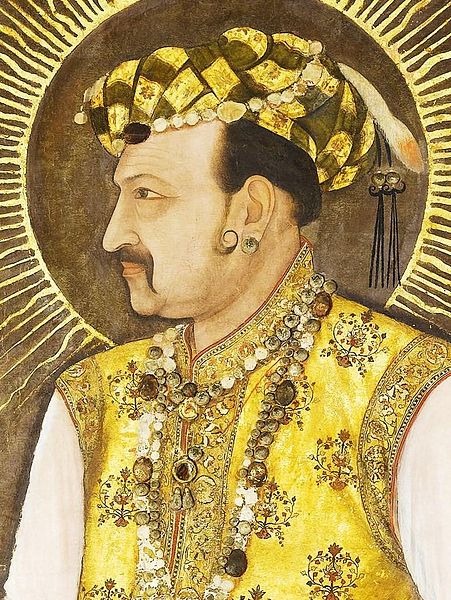The Nawab of Bengal was the hereditary ruler of Bengal Subah in Mughal India. In the early 18th-century, the Nawab of Bengal was the de facto independent ruler of the three regions of Bengal, Bihar and Orissa which constitute the modern-day sovereign country of Bangladesh and the Indian states of West Bengal, Bihar and Odisha. The Bengal Subah reached it's peak during the reign of Nawab Shuja-ud-Din Muhammad Khan. They are often referred to as the Nawab of Bengal, Bihar and Orissa. The Nawabs were based in Murshidabad which was centrally located within Bengal, Bihar, and Odisha. Their chief, a former prime minister, became the first Nawab. The Nawabs continued to issue coins in the name of the Mughal Emperor, but for all practical purposes, the Nawabs governed as independent monarchs. Bengal continued to contribute the largest share of funds to the imperial treasury in Delhi. The Nawabs, backed by bankers such as the Jagat Seth, became the financial backbone of the Mughal court.
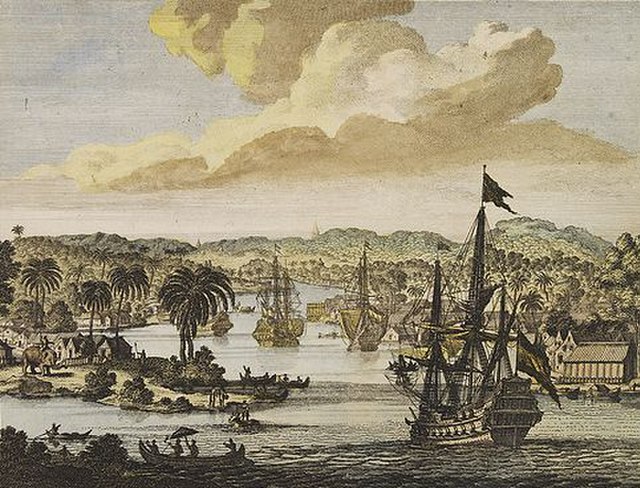
Dutch East India Company ships in Chittagong harbor, early 18th-century
Robert Clive meets Mir Jafar at the Battle of Plassey in 1757
Hazarduari Palace (Palace of a Thousand Doors) was home to the titular Nawabs of Bengal
Image: Murshid Quli Jafar Khan
The Bengal Subah, also referred to as Mughal Bengal, was the largest subdivision of the Mughal Empire encompassing much of the Bengal region, which includes modern-day Bangladesh, the Indian state of West Bengal, and some parts of the present-day Indian states of Bihar, Jharkhand and Odisha between the 16th and 18th centuries. The state was established following the dissolution of the Bengal Sultanate, a major trading nation in the world, when the region was absorbed into the Mughal Empire. Bengal was the wealthiest region in the Indian subcontinent.
Dutch East India Company factory in Hugli-Chuchura, Bengal by Hendrik van Schuylenburgh (c. 1665)
The Mughal absorption of Bengal initially progressed during the reigns of the first two emperors Babur and Humayun
Akbar developed the modern Bengali calendar
Dhaka, the capital of Bengal, was named Jahangir Nagar in honor of the fourth Mughal monarch Jahangir


